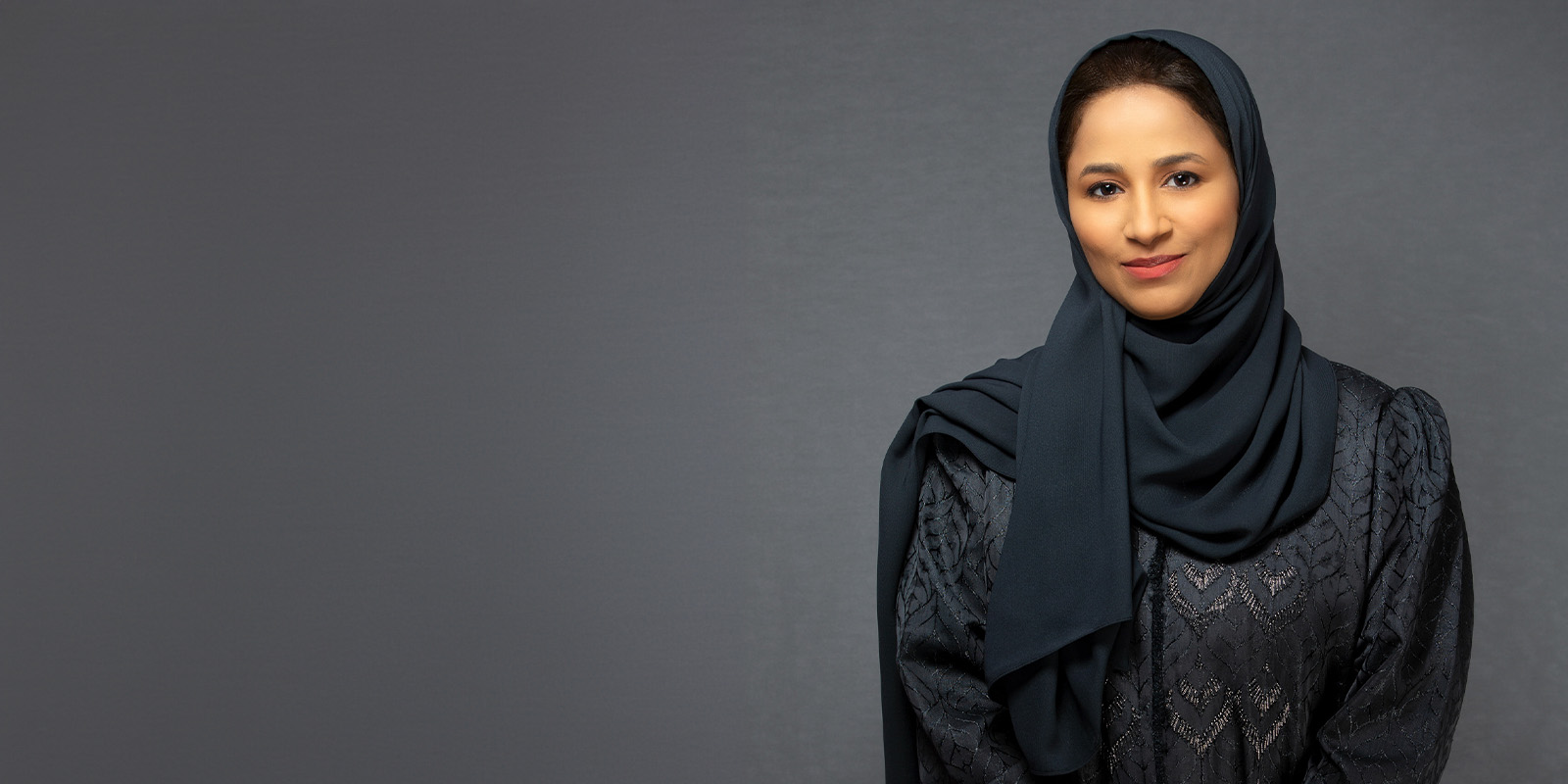
Landing a leadership role for the first time is undoubtedly a significant career milestone. This was certainly the case for seasoned banking professional Raisa AlMalki. As a newly appointed leader as Vice President at Abu Dhabi-based Union National Bank in 2010, she was recognized for her leadership potential and achievements. She remembers the period as a leap into uncharted waters.
“I had a huge team to look after in my role,” she said. “I was also the only female amongst all my peers.”
Transitioning into a leadership role often calls for a transformation of both mindset and skill set. “I realized the focus of my role would no longer be about managing people. Instead, it would be on leading them.”
To facilitate a successful transition, AlMalki sought to foster a new leadership mindset through IMD’s Strategies for Leadership (SL) program in 2011.
Leading with core values
AlMalki, who is currently Senior Director and Head of Governance and Operation, Priority and Retail Banking at Emirates NBD, saw her SL journey as a “transformative experience”.
Her biggest takeaway from the program was finding her leadership voice. She discovered that the cornerstone of effective leadership was in being an authentic leader.
“Initially, I came into the program with the objective of my personal leadership development such as learning how to develop a more strategic vision,” she said. “But SL did even more – it helped me to cultivate my self-awareness and discover my leadership strengths and vulnerabilities, which paved the way for me to develop my own version of authentic leadership.”
For AlMalki, an authentic leader prioritizes integrity and is “open and honest” with co-workers while staying true to the mission. The key to authentic leadership, she discovered, was striking a balance between authority and approachability.
“I deal with many stakeholders, and during that process, I frequently run across resistance and other challenges, which mean I have to adopt different tactics and strategies when engaging with them,” she said.
She cautioned that there is a fine line between transparency and oversharing, adding, “Although I want to be able to express my genuine emotions and be honest and direct, I have to bear in mind that I should do it in ways that will not compromise my organizational and professional objectives.”
By prioritizing ethics and empathy and leading with her heart, AlMalki found that she was able to unlock her true leadership potential.
“If I had to choose one lesson I’ve learned as a female leader in all of my years at work, being authentic would be it,” she said. “I’ve come to realize that when I’m being authentic and completely myself, my capabilities often exceed my expectations.”

Upskilling to stay relevant
Leadership may not be a walk in the park, especially in today’s rapidly changing business environment roiled by geopolitical tensions and macroeconomic uncertainty. However, AlMalki maintains an optimistic outlook in tackling these complex challenges. “Leadership is evolving in tandem with the changes in the global business environment and business leaders are taking note of these new dimensions to leadership,” she said.
To keep pace with change, she makes it a point to regularly upskill herself, which includes leveraging alumni networks for knowledge sharing and learning. She recalled how the sharing of experiences and insights through the IMD SL alumni network helped her recalibrate her leadership skill sets.
“Up until 2015, a big chunk of my time was involved in managing and leading people. After 2015, however, my increased responsibilities in multiple positions called for me to spend more time managing projects and interacting with numerous senior stakeholders. And that was when the cumulative insights from the SL program retreats became even more relevant.”
She elaborated with an anecdote: “One thing I picked up about managing stakeholders is realizing that nobody likes to hear ‘no’, so I’ve learned to say it in a different way. The trick is to find a way to get your message across tactfully while continuing to extend your support.”
She added that alumni engagement helps her to keep her finger on the pulse of the broader business community. “It’s through the SL alumni network that I get to meet a lot of new people who come from different industries,” she said. “I may be from the banking industry, but I’m eager to engage with professionals from diverse fields, take in new and different perspectives, and understand how things are being done and approached elsewhere.”
Making steady progress
Reflecting on her three-decade professional journey, AlMalki said she is proud to be part of a new wave of women leaders making positive contributions to the workplace and society.
“Much progress has been made in the empowerment of women across the globe,” she said. “Today, you can easily find many women in senior leadership positions across diverse industries, both in the public and private sectors.”
Lauding the efforts made in her native United Arab Emirates to advance gender equality, she said: “There has been a marked increase in the representation of women on corporate boards in private firms as well as in government bodies such as the UAE Federal National Council, the consultative council and parliamentary body of the UAE, which is now equally represented by women and men. Notably, 25% of the UAE cabinet are women, which means that we now have one of the highest levels of female representation in government in the Arab region. These impressive examples have served as a strong inspiration for the country and its leaders in their efforts to promote women’s leadership, as well as a reflection of the type of support that I have received from my superiors to become who I am today, contributing to the success of my career path.”
Moving forward, AlMalki hopes that these success stories will inspire more people to foster a more gender-inclusive world. In her opinion, all leaders have a part to play in building a robust pipeline for female talent.
“Leaders don’t just lead, they create. They play a crucial role in creating future leaders as part of succession planning, which is key to bridging the leadership gap. Leaders need to start thinking now about how they can cultivate future generations of female leaders for the cause.”


